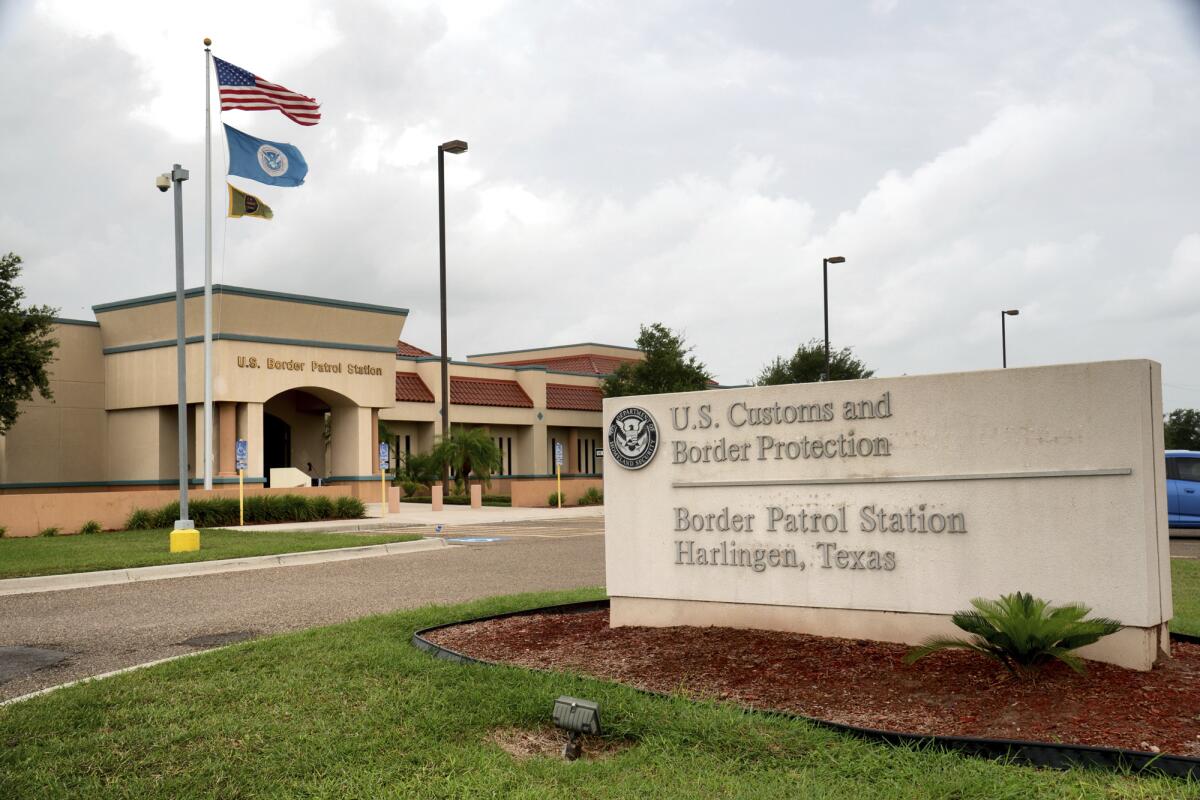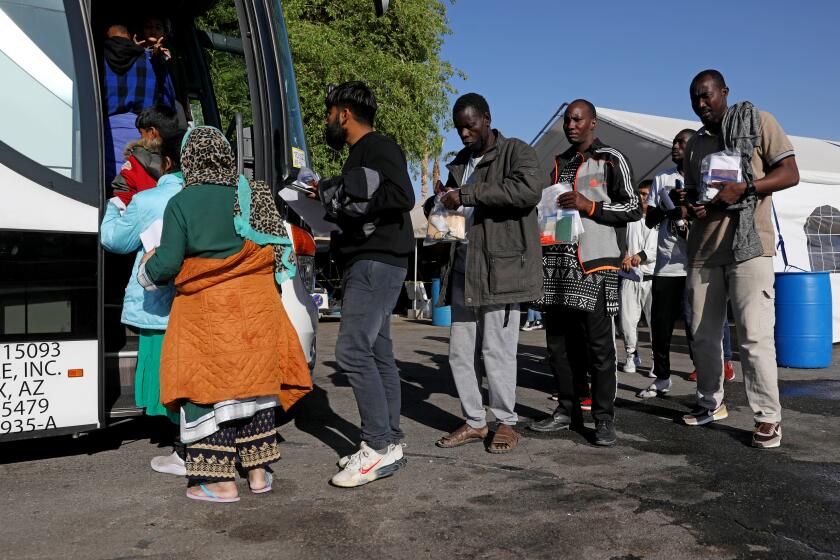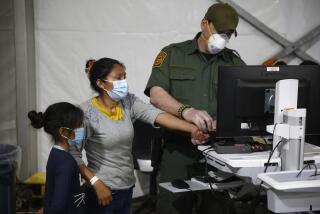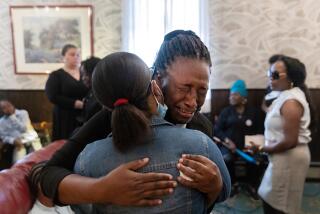Border agency reassigns chief medical officer after 8-year-old girl’s death in custody

WASHINGTON — U.S. Customs and Border Protection has reassigned its chief medical officer after the death in custody of an 8-year-old girl whose mother’s pleas for an ambulance were ignored despite the girl’s chronic heart condition, rare blood disorder, high fever and other ailments, authorities said Thursday.
Dr. David Tarantino was the first person to hold the job, which was created in 2020 amid the growing number of families and young children who have presented Border Patrol agents with complex medical challenges.
The agency commended Tarantino for his “years of service” and role in expanding medical services for people in custody but signaled that it was time for change. Tarantino is expected to take a temporary position next week at the Department of Homeland Security, which includes Customs and Border Protection. His reassignment was first reported by the Washington Post.
Anadith Tanay Reyes Alvarez was moved with her Panamanian family to a Border Patrol station Harlingen, Texas, after being diagnosed with the flu. She died May 17, on her ninth day in custody. Border agency staff members had about nine encounters with the girl and and her mother over her final four days.
California Atty. Gen. Rob Bonta also demanded records Wednesday from Florida authorities that could shed light on the decisions that led to the transport of those migrants.
“As CBP works to implement required improvements to our medical care policies and processes, including from the ongoing investigation into the tragic in-custody death of a child in Harlingen, we are bringing in additional senior leadership to drive action across the agency,” the agency said in a statement.
A nurse practitioner reported denying three or four requests from the girl’s mother for an ambulance, despite the girl’s fever of 104.9 degrees, nausea and breathing difficulties, according to the agency’s Office of Professional Responsibility. She was given medications, a cold pack and a cold shower.
More to Read
Sign up for Essential California
The most important California stories and recommendations in your inbox every morning.
You may occasionally receive promotional content from the Los Angeles Times.











